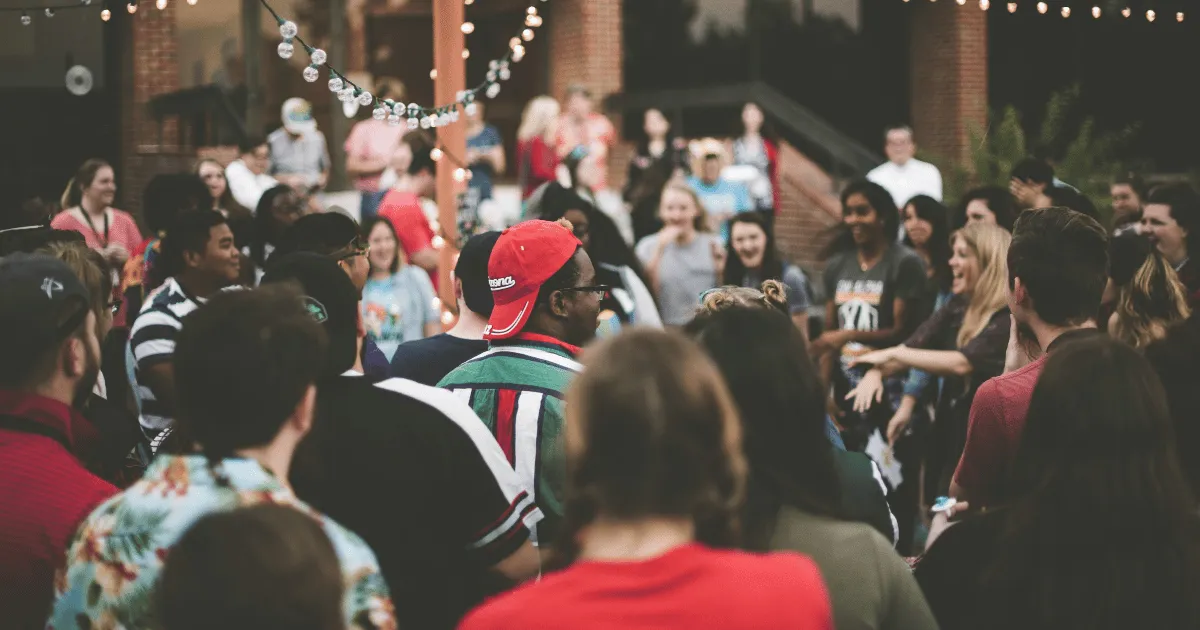
Incarcerated women and gender minorities are largely left out of the #MeToo discussion. Stacy Rojas wants to change that.
Stacy Rojas can still smell the chewing tobacco from the prison guard who spit on them three years ago during an incident in which guards allegedly subjected Rojas and their two cellmates to hours of sexual humiliation, harassment, and physical abuse.
“For me, that was torture, and it still is torture,” said Rojas, who is gender nonconforming. “I still have bad dreams about it.”
Rojas was released from Central California Women’s Facility, a state prison in Chowchilla, one and a half years ago after a 15-year term. Along with their female cellmates who are still inside, Rojas filed a lawsuit over the episode in November 2017. The case was referred to Magistrate Judge Jennifer L. Thurston in July and a hearing is set to take place Wednesday.
During the ordeal, which took place in November 2015, guards allegedly stomped on one woman’s breast, cut another’s clothes off, left them in isolation cells so long they had no choice but to soil themselves, and berated them with graphic sexual insults and suggestions.
While this was an extreme example, sexual harassment and abuse of women, transgender, and gender nonconforming people in women’s prisons and jails are anything but rare. Rojas had documented guards’ denigrating and sexual comments for weeks, a fact they think inspired the hours-long attack which occurred four days after they demanded to report the verbal abuse.
“This is not something that happens once a month or even once a week. This is an everyday thing,” Rojas told ThinkProgress. “This is what goes on, and this is how they speak to you. They refer to women as bitches and hoes, and if you’re not, then they’re going to make you their bitch.”
While incarcerated people across the country are currently striking to demand improved conditions and better channels for reporting mistreatment, few are aware of the extreme abuse rampant in women’s prisons and jails. These institutions are breeding grounds for the type of harassment that has become a national focal point thanks to the #MeToo movement. But behind bars, so far from the public eye with so few checks and balances to hold staff accountable, the problem becomes more blatant and extreme.
“You have people who are primarily men in positions of basically absolute power over a captive – literally captive – population,” said Diana Block, founding member of the California Coalition for Women Prisoners, which is helping with the lawsuit. “All the dynamics of sexism and patriarchy and sexual violence that are very prevalent in the society as a whole are translated directly into the conduct and behavior within prisons with very little protection or surveillance or recourse.”
Read the entire story featuring grantee California Coalition for Women Prisoners.


